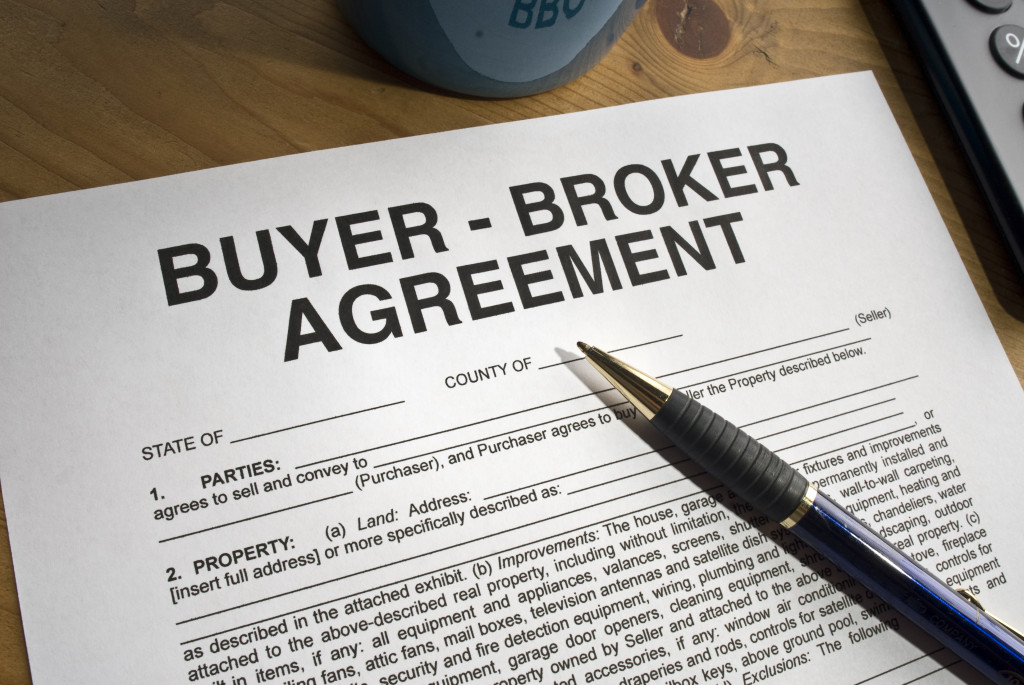
SBA Loan Changes 101: How Do They Impact Buying and Selling a Business in 2023?
SBA Loan Changes 101: How Do They Impact Buying and Selling a Business in 2023? Written by, The BizBuySell Team in Business Financing, Business Trends, Buying a Businesss, Franchising, Selling a Business By Lauren Mauldwin, Christine McDannell, and Khaled Azar On May 10, the United States SBA (

Who Pays Closing Costs? What Homebuyers Should Know
When it comes to real estate transactions, it’s easy to focus on the initial, upfront expenses. If you’re the buyer, these immediate expenses can include the home’s purchase price and down payment. If you’re the seller, they can involve repairs, renovations, and improvements to get the home ready t

Spring into Action: Boost Your Home's Curb Appeal with Expert Guidance
Spring into Action: Boost Your Home’s Curb Appeal with Expert Guidance To sell your home this spring, it may need more preparation than it would have a year or two ago. Today’s housing market has a different feel. There are more homes for sale than there were at this time last year, but inventory
Categories
Recent Posts










